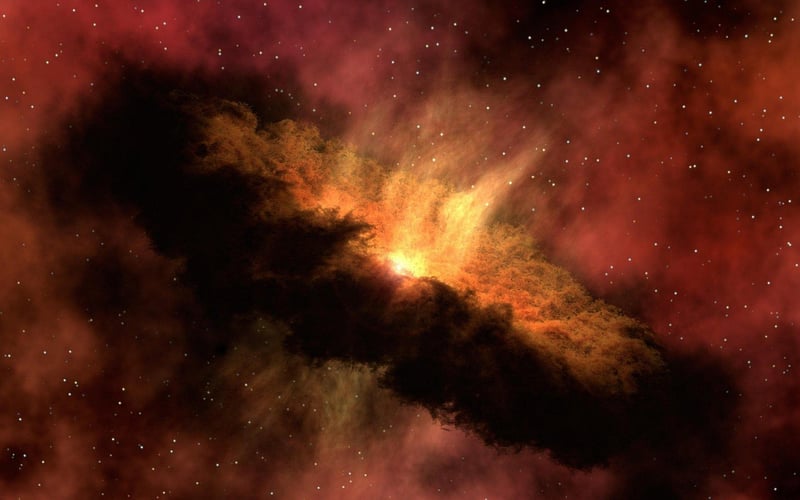Temporal Paradoxes
The Science Behind Time Travel and Temporal Paradoxes
Introduction
Time travel has long been a fascinating concept in science fiction, but is there any science behind it? Let's delve into the theoretical possibilities and challenges of time travel, including the mind-bending concept of temporal paradoxes.
Understanding Time Travel
According to current scientific understanding, time is a dimension that can be traversed just like space. Einstein's theory of relativity suggests that time dilation occurs at speeds approaching the speed of light. This forms the basis for the concept of time travel.
Potential Methods of Time Travel
- Wormholes: Wormholes are hypothetical tunnels in spacetime that could connect distant points in the universe. Traveling through a wormhole might allow for time travel.
- Time Dilation: As mentioned earlier, traveling at speeds close to the speed of light can cause time to pass differently for the traveler compared to the stationary observer.
- Black Holes: Black holes have intense gravitational fields that could potentially warp spacetime in a way that enables time travel.
Temporal Paradoxes
Temporal paradoxes are situations that arise from time travel scenarios that defy logic or create contradictory outcomes. Some well-known temporal paradoxes include:
The Grandfather Paradox
The Grandfather Paradox posits a time traveler going back in time and preventing their grandfather from meeting their grandmother, thus preventing the time traveler's own existence.
The Bootstrap Paradox
In the Bootstrap Paradox, an object or information is sent back in time in an endless loop with no point of origin, raising questions about causality.
Conclusion
While time travel remains firmly in the realm of theoretical physics, exploring the science behind it can spark the imagination and lead to fascinating thought experiments. The concept of time travel and the associated temporal paradoxes challenge our understanding of the nature of time and reality.


